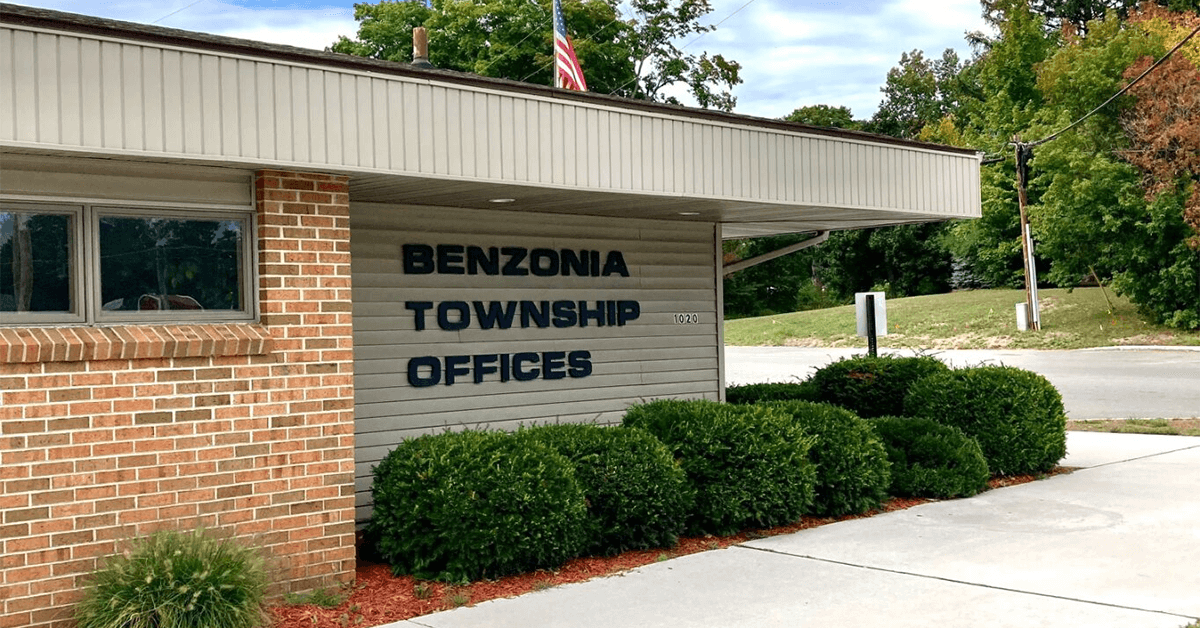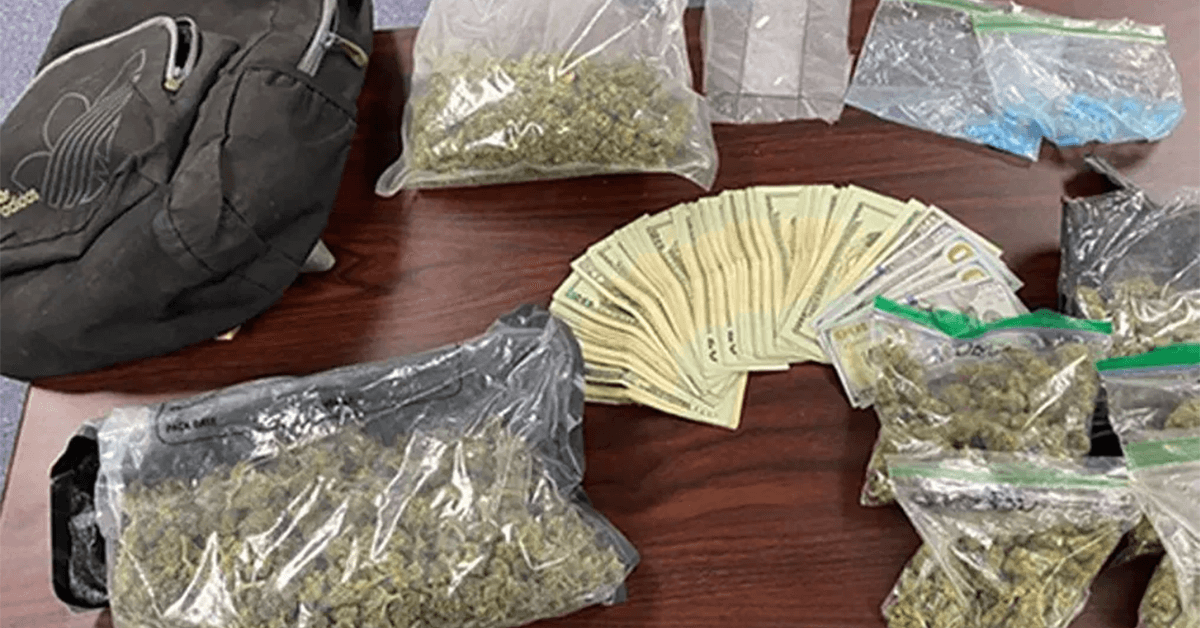Michigan Cannabis Industry Seeks Congressional Action on Hemp-Derived THC Loophole

Michigan's cannabis industry is pushing Congress to address a growing challenge posed by a loophole in federal legislation. The 2018 Farm Bill inadvertently created a "Farm Bill loophole" by making hemp-derived THC federally legal. This loophole has allowed operators in states where cannabis remains illegal to produce and distribute products that mimic those made with full-THC cannabis, bypassing regulations in states like Michigan and shipping these products nationwide.
As Congress debates the new Farm Bill, a $1.5 trillion package that sets agricultural and food policy for the next five to six years, the future of this loophole hangs in the balance. The outcome will determine whether the loophole will be closed or remain open. The hemp-derived market, which includes non-intoxicating CBD products such as gummies and creams for sleep and pain relief, is estimated to be worth $28 billion and supports 328,000 jobs in the U.S., according to Whitney Economics, a cannabis industry analysis firm based in Oregon.
The debate pits hemp farmers from states like Indiana, who rely on the growing hemp industry, against regulated cannabis industries in states like Michigan.
Since Michigan's recreational cannabis sales began in late 2019, the state's industry has seen significant growth. However, many in the industry are advocating for the prohibition or strict regulation of hemp-derived THC products. They argue that the current situation allows untested products to be sold in convenience stores and online, often to minors.
"Exploitation of a Farm Bill loophole has created a market for intoxicating hemp-derived cannabinoids to be sold untested, often to minors," said Lance Boldrey, a partner at Detroit-based law firm Dykema Gossett PLLC, who helped design Michigan's cannabis legalization framework. "These products, marketed with marijuana strain names and similar effects, can be produced far more cheaply than regulated cannabis, impacting Michigan's regulated market."
The 2018 Farm Bill de-scheduled hemp as a controlled substance, allowing any cannabinoid derived from hemp—defined as cannabis with less than 0.3% THC—to be sold without federal intervention. This has enabled the creation of products that offer the same psychoactive effects as traditional cannabis but are not subject to the same stringent regulations.
For instance, Massachusetts-based Cantrip distributes hemp-derived THC drinks to 39 states thanks to the Farm Bill. In Michigan, hemp-derived THC is regulated like traditional cannabis-derived THC and is only sold in licensed dispensaries. However, consumers can still order similar products online from out-of-state companies, which face no oversight regarding product testing.
Dave Morrow, chair of Lume Cannabis Co., Michigan's largest cannabis operator, emphasized the need for regulation and testing of all THC products. "We're not anti-hemp or anti-hemp-derived cannabis, but all THC products need to be regulated and tested," Morrow said. "Unregulated products could harm consumers and damage the entire THC market."
Mike DiLaura, chief of corporate operations and general counsel for Madison Heights-based House of Dank, noted that the Farm Bill loophole undermines the state's legal market and introduces unsafe products. "Safe, tested products are the bedrock of our industry, and regulating intoxicating hemp furthers that goal," DiLaura said.
Online retailers like Oklahoma City-based Mood offer hemp-derived THC gummies for delivery to Michigan addresses, with minimal age verification. This practice, though technically banned by Michigan's Cannabis Regulatory Agency (CRA), continues due to the products traveling through the federal mail system.
While Lume Cannabis Co. advocates for regulations rather than closing the loophole, they see potential business opportunities in hemp-derived THC. Lume recently launched Buzzn, a THC beverage sold only in Michigan dispensaries, but they are considering opening a canning operation in another state to distribute hemp-derived THC beverages nationwide.
Congress is currently debating revisions to the Farm Bill, with competing interests lobbying for different outcomes regarding the loophole. U.S. Rep. Mary Miller, a Republican from Illinois, has proposed an amendment to exclude products with THC from protection, which would benefit state-regulated cannabis operators.
The U.S. Cannabis Council supports closing the loophole to create regulatory parity and facilitate eventual federal legalization of all THC products. However, others worry that banning all ingestible hemp products with any THC would eliminate most hemp products, including non-intoxicating CBD products.
With the Farm Bill's extension running through September, Congress must resolve this issue in the coming months.
Share this article:
Spotted a typo, grammatical error, or a factual inaccuracy? Let us know - we're committed to correcting errors swiftly and accurately!








 Helpful Links
Helpful Links